Discovering the Rungu: A Key Part of African Culture and Traditions
If you’ve heard about the rungu before, you might think of it as just a wooden club. But it’s way more than that. In many African tribes, the rungu is an important symbol of authority and leadership. It’s a sign of respect, power, and social status that’s been passed down for generations.
For starters, the rungu isn’t just a weapon. It’s deeply tied to cultural rituals and traditions. Different tribes use it in various ceremonies, from blessing important events to demonstrating warrior status. It often features intricate carvings and craftsmanship that reflect the beliefs and heritage of the people who made and used it.
What Makes the Rungu So Important?
It’s fascinating how something simple, like a wooden club, grew into a symbol that holds spiritual and cultural weight. You’ll find that the rungu represents connection to ancestors, protection, and pride in tribal identity. If you pay attention, you’ll notice these clubs are designed with care, reflecting the unique stories and customs of each tribe.
The Rungu Today: Respecting Tradition and Modern Use
Though its use as a weapon has decreased, the rungu remains a respected symbol in many African communities. Nowadays, it’s more about honoring history and keeping traditions alive. You might see it used in ceremonies, cultural shows, or as decorative art that tells a story of the past.
Understanding the rungu gives you a glimpse into the values that have shaped many African societies. It’s a reminder of strength, leadership, and the rich customs that continue to thrive. Whether you’re curious about African culture or interested in traditional weapons and symbols, the rungu stands out as a powerful piece of history worth knowing about.
The rungu is a traditional African wooden club that carries deep cultural meaning beyond its use as a weapon. Used by the Maasai and other East African communities, it symbolizes strength, identity, and heritage in both daily life and ceremony.
The rungu is a traditional African staff that symbolizes authority, wisdom, and calm leadership among East African tribes like the Maasai. Far from being a weapon, it's a tool of presence that guides decision-making and maintains social order.
The rungu is a powerful symbol of authority and leadership in several African tribes. Typically a wooden club or baton, it's more than just a weapon – it represents respect, power, and social status. This article explores the historical significance of the rungu, how it's used in modern-day Africa, and tips for understanding its cultural importance. Discover the unique stories and traditions tied to this fascinating emblem.
The rungu, a traditional African club, holds deep cultural and ritual significance within various African societies. Traditionally used by the Maasai as a symbol of warrior status and protection, the rungu also serves various ceremonial purposes, from blessings to martial displays. Its carvings and craftsmanship often symbolize cultural beliefs and heritage, playing a crucial role in rites of passage and community rituals. Delving into the rungu's multifaceted role offers insight into the blending of practical use and spiritual meaning in African cultures.
The Rungu, a respected traditional African weapon, holds significant historical and cultural value. Originally designed as a simple throwing club, this tool has evolved over generations to symbolize power and heritage. Its transformation from a warrior's weapon to a ceremonial artifact is a testament to its enduring influence. Exploring the Rungu's journey offers insights into the rich traditions and customs of the people who crafted and wielded it. This article delves into the Rungu's origins, uses, and its place in modern cultures.
The Rungu, an enigmatic symbol of power and tradition, stands tall in the rich tapestry of African heritage. This article delves into the historical significance and contemporary use of the Rungu, shedding light on its role in tribal rituals, warfare, and as a tool for survival. We explore the craftsmanship behind this traditional weapon, its varied forms, and the cultural nuances that define its importance across different African communities. Join us on a journey to unravel the mysteries of the Rungu, a beacon of strength and identity amidst the diverse cultures of the African continent.

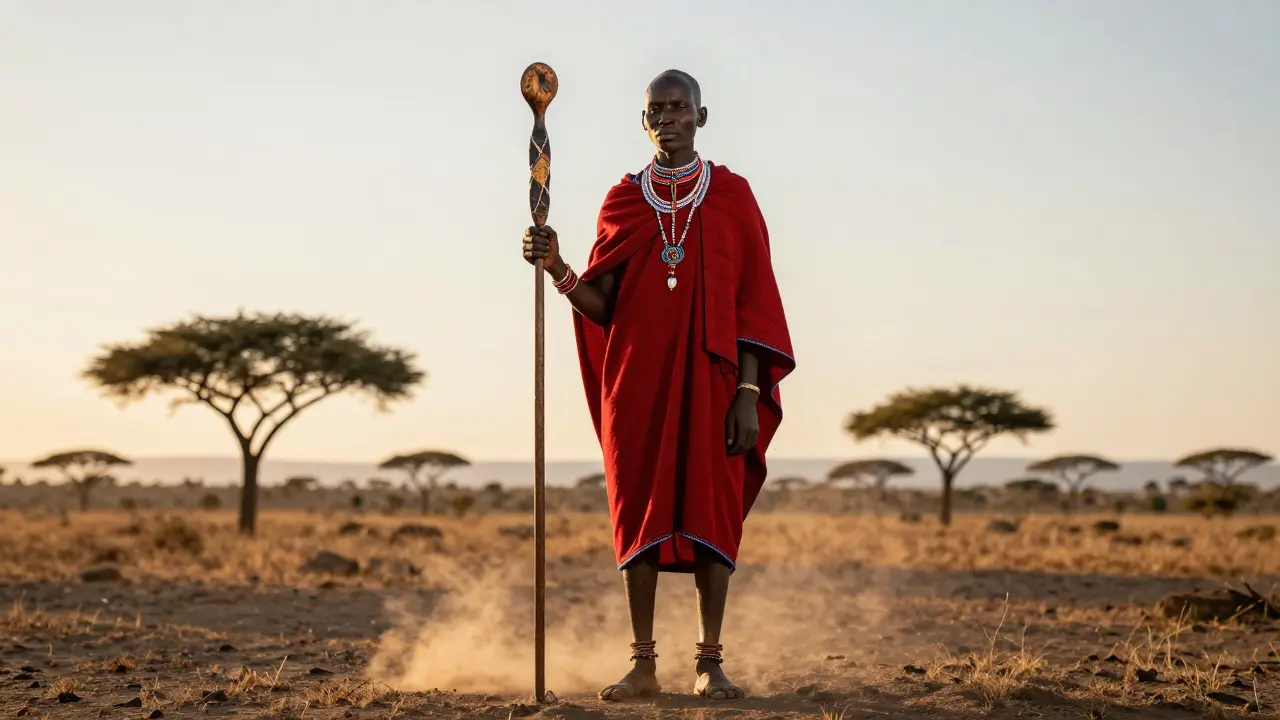
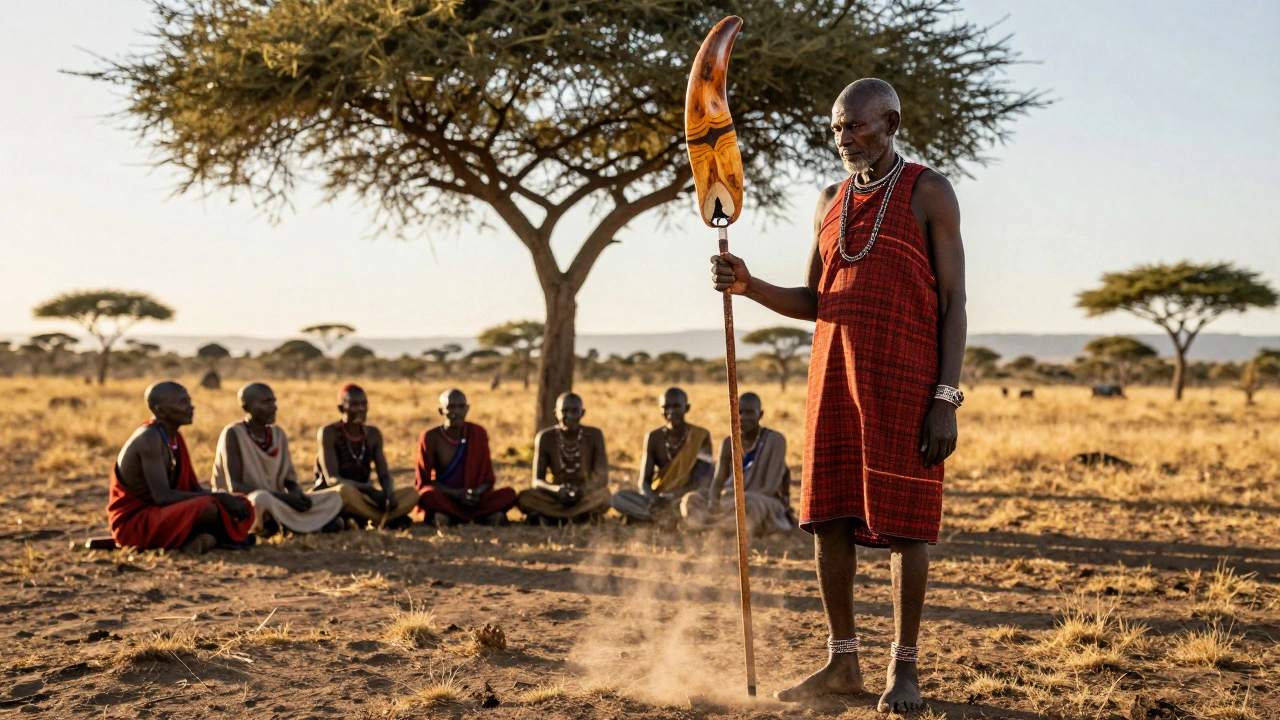
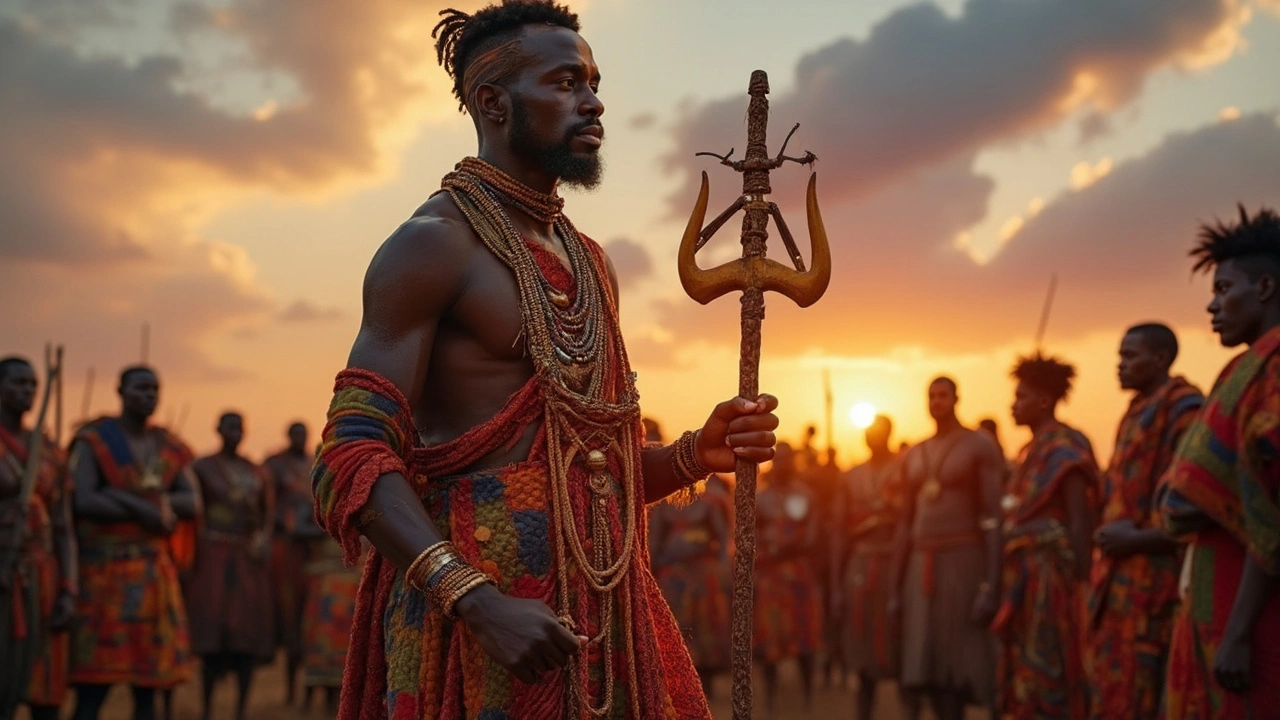
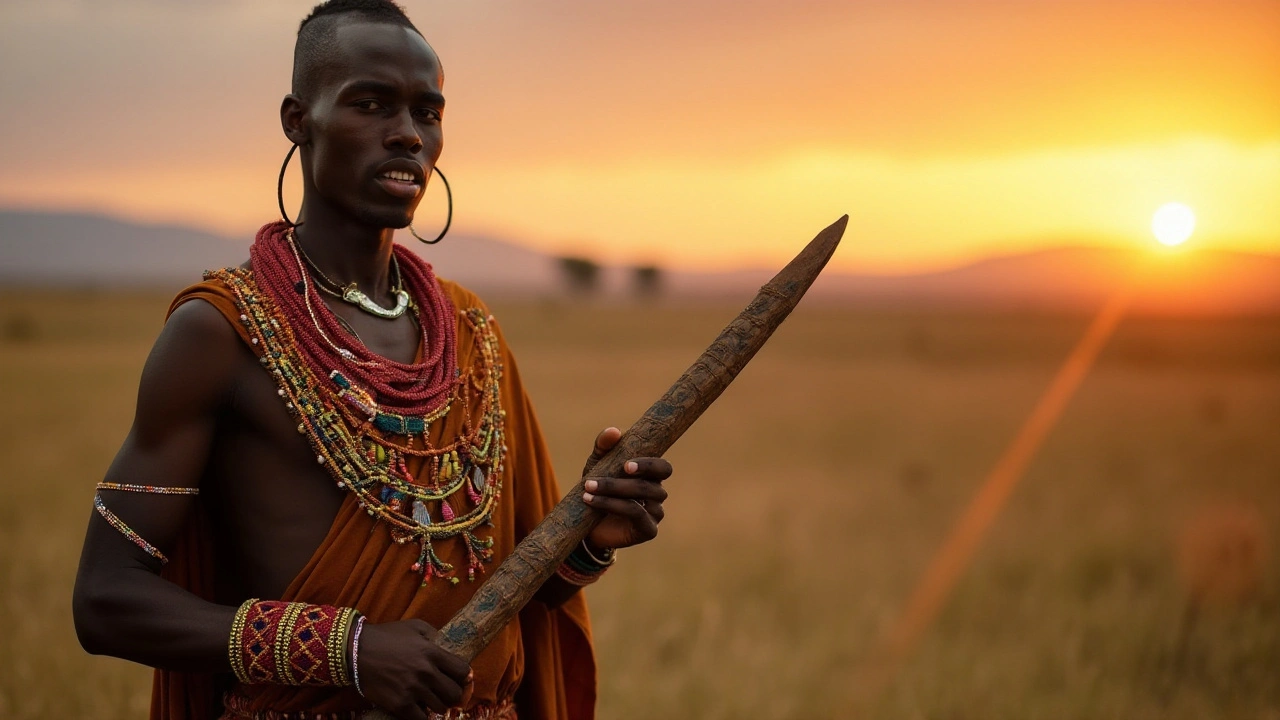
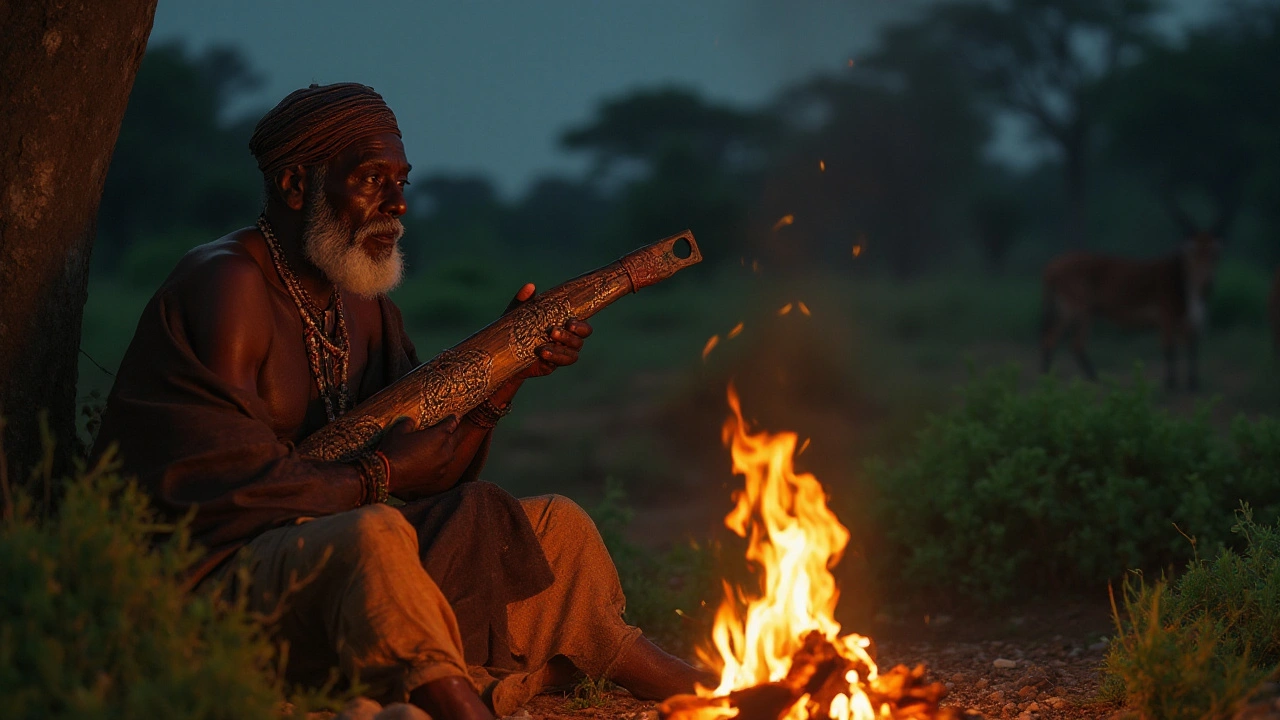
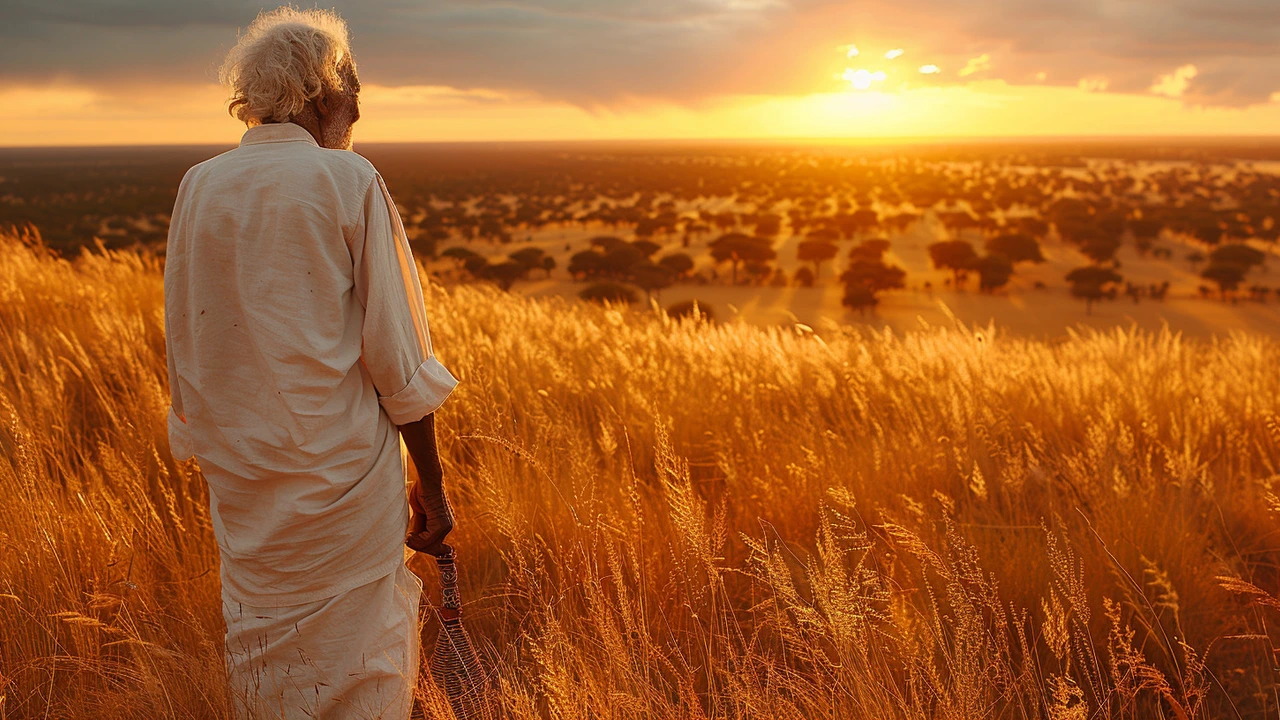
 Health and Wellness
Health and Wellness